Sports Psychology with Sam Wood
So why would you see a sport psychologist?
Some athletes seek help from a sport psychologist when they have a problem.
They might become anxious or lose focus during competition, for example. They might have trouble communicating with teammates, controlling their temper or even just motivating themselves to exercise. Sometimes an athlete needs help changing from a fixed mindset to a growth mindset. But athletes don't just consult sports psychologists when they're having difficulties.
Sport psychologists can also help athletes:
Enhance performance. Through mental skills training and psychological therapies.
Cope with the pressures of competition. Sport psychologists can help athletes at all levels deal with pressure from parents, coaches or even their own expectations. Working with a sport psychologist can even help with exam pressure and other situations like a job interview so it really is vital.
Recover from injuries. After an injury, athletes may need help tolerating pain, adhering to their physical therapy regimens or adjusting to being side-lined. Sadly, this is a very common occurrence and the better you can cope mentally from injuries then the better your performance will be when you’re fit.
Keep up an exercise program. Even those who want to exercise regularly may find themselves unable to fulfil their goal. Sport psychologists can help these individuals increase their motivation and tackle any related concerns. Often staying motivated to keep playing or training is tough and this is another important piece of work we do.
Enjoy sports. Sports organisations for young people may hire a sport psychologist to educate coaches about how to help kids enjoy sports and how to promote healthy self-esteem in participants. Enjoyment of sport can fluctuate and it is important to understand how to get consistent enjoyment back.
A Sport Psychologist may work in a variety of ways, I personally use a Cognitive behavioural perspective and try to understand the relationship between your behaviour, your emotions and your thoughts to help you improve. Others may use various mental strategies, such as imagery, self-talk, and relaxation techniques, which can help athletes overcome obstacles and achieve their full potential.
Have a go at this month’s Word search. There are many other keywords in Sport Psychology so look out for the monthly word searches to learn about them.
Fixed Mindset – When you start thinking you can’t do something or that you’re not good enough or that ability is fixed.
Imagery – A mental skills technique to picture yourself performing well to improve confidence and improve connections in your brain to perform better.
Self-talk – A mental skills technique to keep focus and improve confidence.
Growth Mindset – Thinking you can do something, you can learn, you can improve through hard work.
Cognitive Behavioural – The belief that what you think, feel and do are all connected.
Anxiety – Sometimes you think of this as nerves, some anxiety can be good! Sometimes it stops you enjoying or playing your best.
Recover – Getting better!
Mental Skills – A group of techniques that a sport psychologist will teach you to improve performance.
Enjoyment – Having fun.
Focus – Keeping your attention on the task you’re doing.
Performance - the action or process of performing a task.
Pressure – any factor or combination of factors that increases the importance of performing well on a particular occasion.
Relaxation – a psychological strategy used by sports performers to help manage or reduce stress-related emotions (anxiety and anger) and physical symptoms (physical tension and increased heart rate) during high pressure.
Coping – ability to manage the perceived demands of a situation.






























